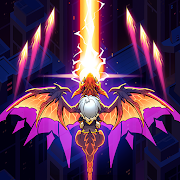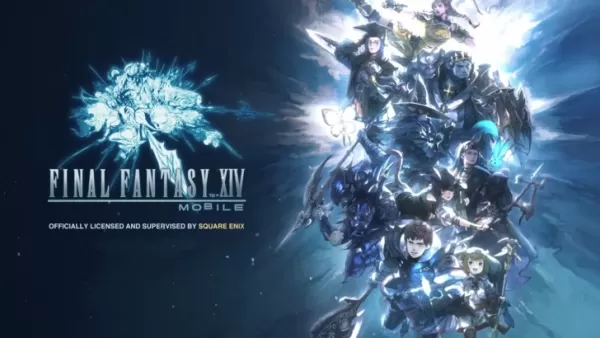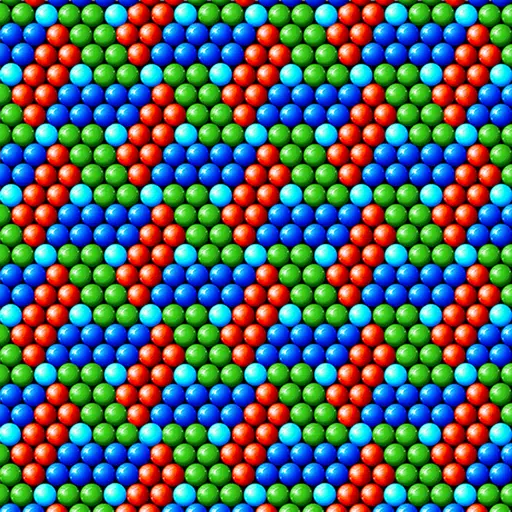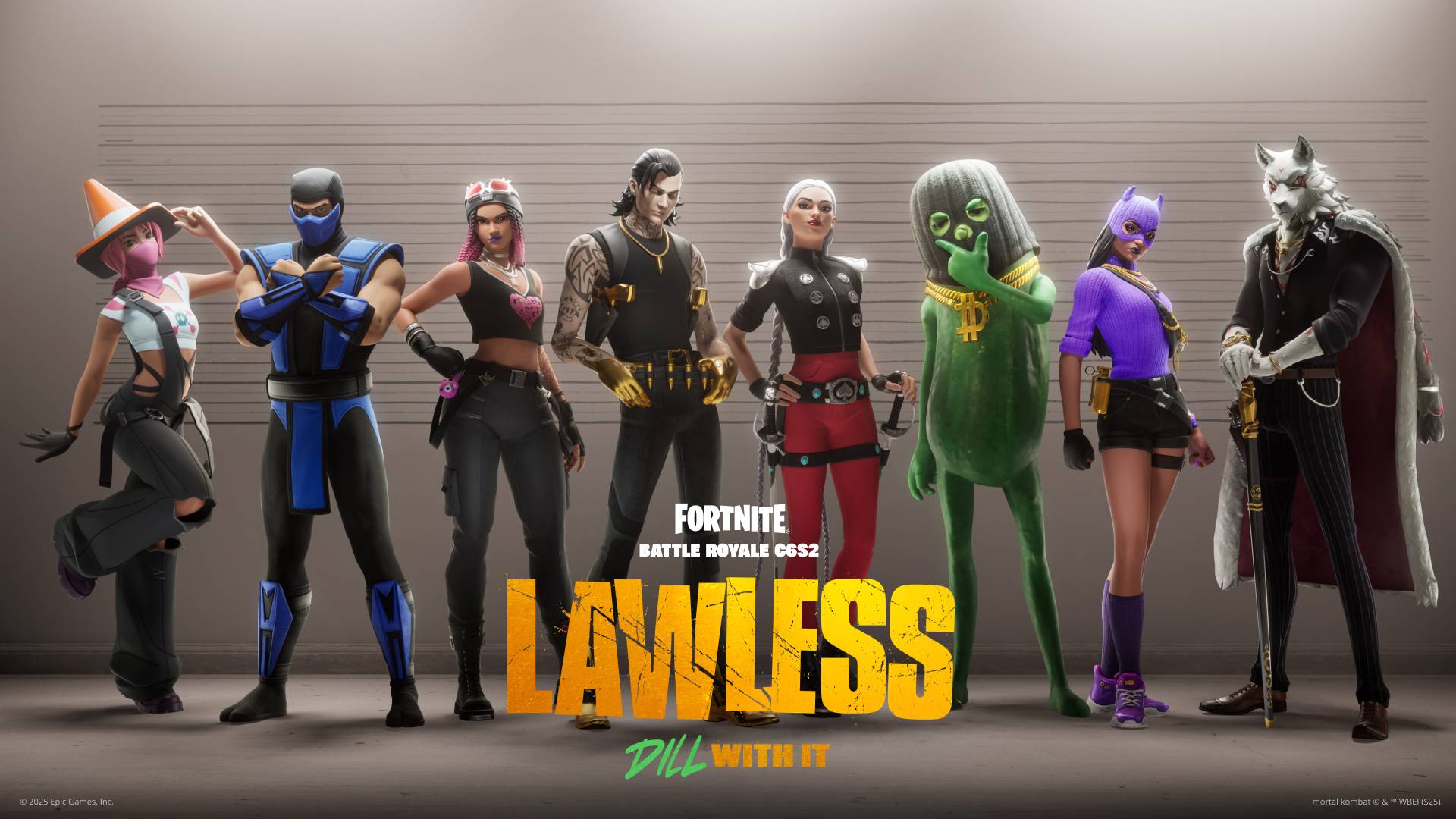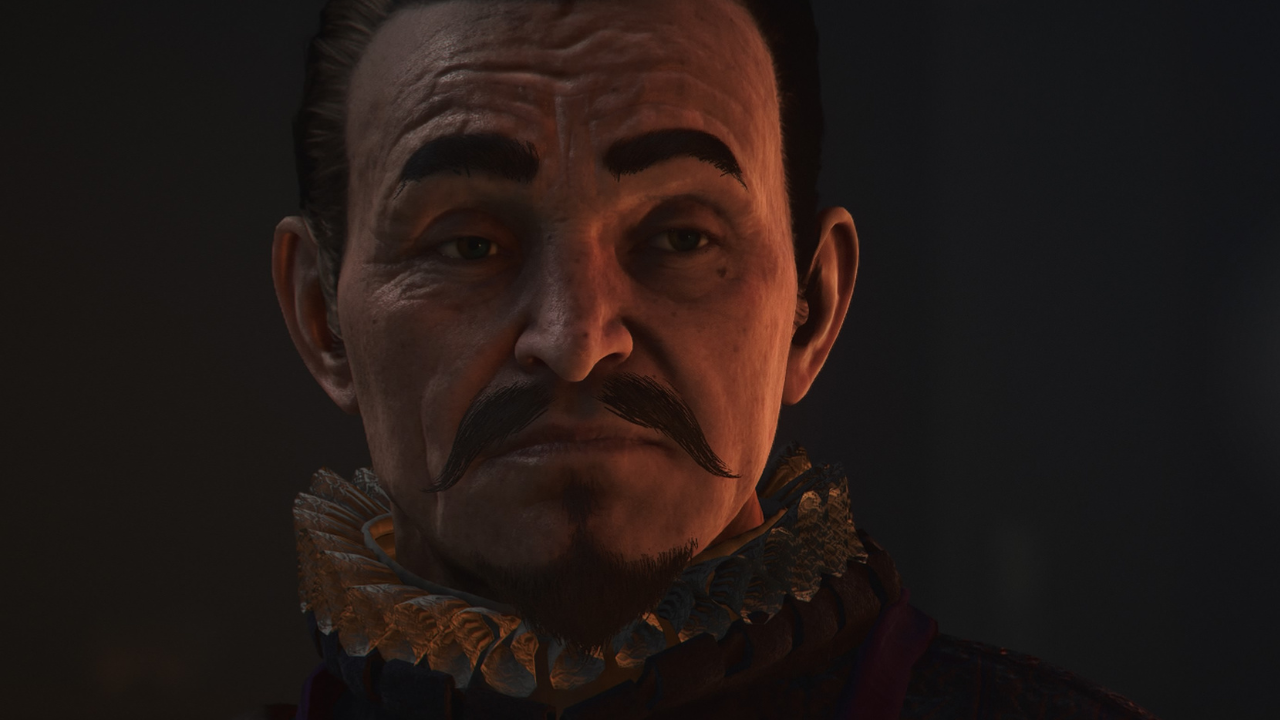"New Oblivion: Remake Look, Remaster Feel"
When Bethesda unveiled Oblivion Remastered earlier this week, it was a sight to behold. The 2006 journey to Tamriel, once characterized by its quirky, potato-faced characters and low-resolution, lush landscapes, has now been transformed into the most visually stunning Elder Scrolls game to date. Having been conditioned by past HD remasters like the Mass Effect Legendary Edition and Dark Souls Remastered, which barely strayed from their Xbox 360 roots, I was skeptical. Seeing the Imperial City I explored nearly two decades ago reborn in Unreal Engine 5 with ray tracing was astonishing. Moreover, the game boasts enhancements in combat, RPG systems, and a plethora of other details. It made me question if Bethesda and developer Virtuos had misnamed it—shouldn't this be an Oblivion Remake?
It turns out, I wasn't the only one pondering this. Many fans labeled it a remake, and even Bruce Nesmith, a senior designer on the original Oblivion, remarked, "I’m not sure [the word] remaster actually does it justice." Yet, after playing it for several hours, it became evident that despite its remake-like appearance, Oblivion Remastered retains the core gameplay of a remaster.
Why does Oblivion look like a remake? The answer is simple: Virtuos rebuilt "every single asset from scratch." Visually, everything you see—from trees to swords to crumbling castles—is brand new. This not only meets modern graphical standards but also introduces stunning textures, breathtaking lighting, and a new physics system that realistically simulates the impact of arrows and weapon strikes. While the NPCs are the same as those from 2006, their models are entirely new. This overhaul rejects the nostalgia-driven "looks like you remember" approach in favor of something that's impressive by 2025 standards. Had I seen it without prior rumors, I might have mistaken it for The Elder Scrolls 6.But it's not just about visuals. Combat has been refined, making swinging a longsword feel more impactful than before. The third-person camera now includes a functional reticule, and all menus, from the quest journal to dialogue and minigames, have been updated. The original, flawed leveling system has been replaced with a more sensible hybrid of Oblivion and Skyrim's systems. Plus, you can now sprint. With such extensive upgrades, it's easy to argue that this should be considered a remake.
If I had seen Oblivion Remastered without the rumors, I might have mistaken it for The Elder Scrolls 6. The debate over whether it's a remake or a remaster hinges on semantics. The industry lacks clear definitions for these terms, leading to confusion. For instance, Rockstar's "Definitive Edition" remasters of the Grand Theft Auto trilogy are clearly PlayStation 2-era games with updated textures and lighting. In contrast, the Crash Bandicoot N. Sane Trilogy, also called a remaster, features entirely new assets and looks like a modern game. Remakes like Bluepoint's Shadow of the Colossus and Demon's Souls rebuild games from the ground up, yet remain faithful to the original experiences. Resident Evil 2 retains the original structure but redesigns the gameplay, and Final Fantasy 7 Remake and Rebirth significantly alter the original games' design, script, and story. These examples highlight the lack of a unified philosophy for what constitutes a remake.
Historically, remakes were considered games rebuilt from scratch in a modern engine, while remasters were more limited upgrades within the original technology. However, this distinction is becoming outdated. A more relevant definition today might be that remasters are graphical overhauls preserving the original game's design with some quality-of-life improvements, whereas remakes redesign games entirely. Under this definition, games like Demon's Souls and Metal Gear Solid: Delta would be considered remasters, and the term "remake" would apply only to games that feel like new interpretations of old ideas.
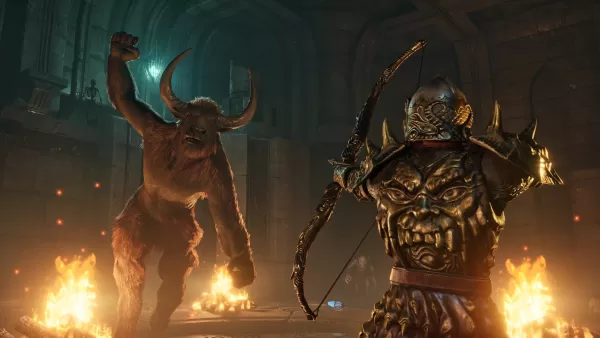 New lighting, fur, and metallic effects are just the tip of the iceberg of Oblivion Remastered's changes. Image credit: Bethesda / VirtuosApplying these definitions, Oblivion Remastered is aptly named. Despite its visually new assets and Unreal Engine 5's ray tracing, it retains the core mechanics and structure of the original game. Bethesda explained, "We looked at every part and carefully upgraded it. But most of all, we never wanted to change the core. It’s still a game from a previous era and should feel like one."
New lighting, fur, and metallic effects are just the tip of the iceberg of Oblivion Remastered's changes. Image credit: Bethesda / VirtuosApplying these definitions, Oblivion Remastered is aptly named. Despite its visually new assets and Unreal Engine 5's ray tracing, it retains the core mechanics and structure of the original game. Bethesda explained, "We looked at every part and carefully upgraded it. But most of all, we never wanted to change the core. It’s still a game from a previous era and should feel like one."
The remnants of that previous era are evident in the loading screens behind every door, the baffling persuasion minigame, the simplistic city designs, the awkward NPC movements, and the still-clunky combat. Even the bugs and glitches have been preserved, maintaining the original's quirky charm.
Just a couple of months ago, Obsidian's Avowed showcased a modern take on The Elder Scrolls' core elements. Its dynamic combat and exploration systems make Oblivion Remastered feel dated. Yet, Oblivion Remastered still offers much in 2025. Its world remains enchanting, with expansive fields and countless mysteries. The game's ambition shines through in its dynamic NPC interactions and engaging quest structure, which outshines Skyrim's repetitive dungeons. The freedom it offers feels refreshing in today's gaming landscape. However, the dialogue, system interconnectivity, and level design remain unmistakably old-school. A true remake would update these elements, but Oblivion Remastered focuses on reliving the original experience.
AnswerSee ResultsVideo games often borrow terminology from other mediums. In film, remakes are new productions with new casts, crews, scripts, and sets, while remasters enhance existing films to meet modern standards. The 4K restorations of Jaws and The Godfather, for example, look fantastic but are clearly from the 1970s. Similarly, Oblivion is like a Blu-ray restoration of a classic film. It pushes visual quality to the limits using a new engine, but remains a product of the 2000s at its core. Alex Murphy, executive producer at Virtuos, provided a fitting analogy during the reveal stream: "We think of the Oblivion game engine as the brain and Unreal 5 as the body. The brain drives all the world logic and gameplay and the body brings to life the experience that players have loved for almost 20 years."Oblivion Remastered is precisely what it claims to be, and this should not diminish its accomplishments. Instead of arguing it's a remake, we should view it as the benchmark for remasters from other major AAA studios. This is the standard that Mass Effect Legendary Edition should have reached, not just a cleaned-up re-release. This is what Grand Theft Auto: The Trilogy should have been, rather than a perceived cash grab. Oblivion Remastered reflects the work of passionate creators while preserving the essence loved by fans, making it the perfect example of what a remaster should be.


